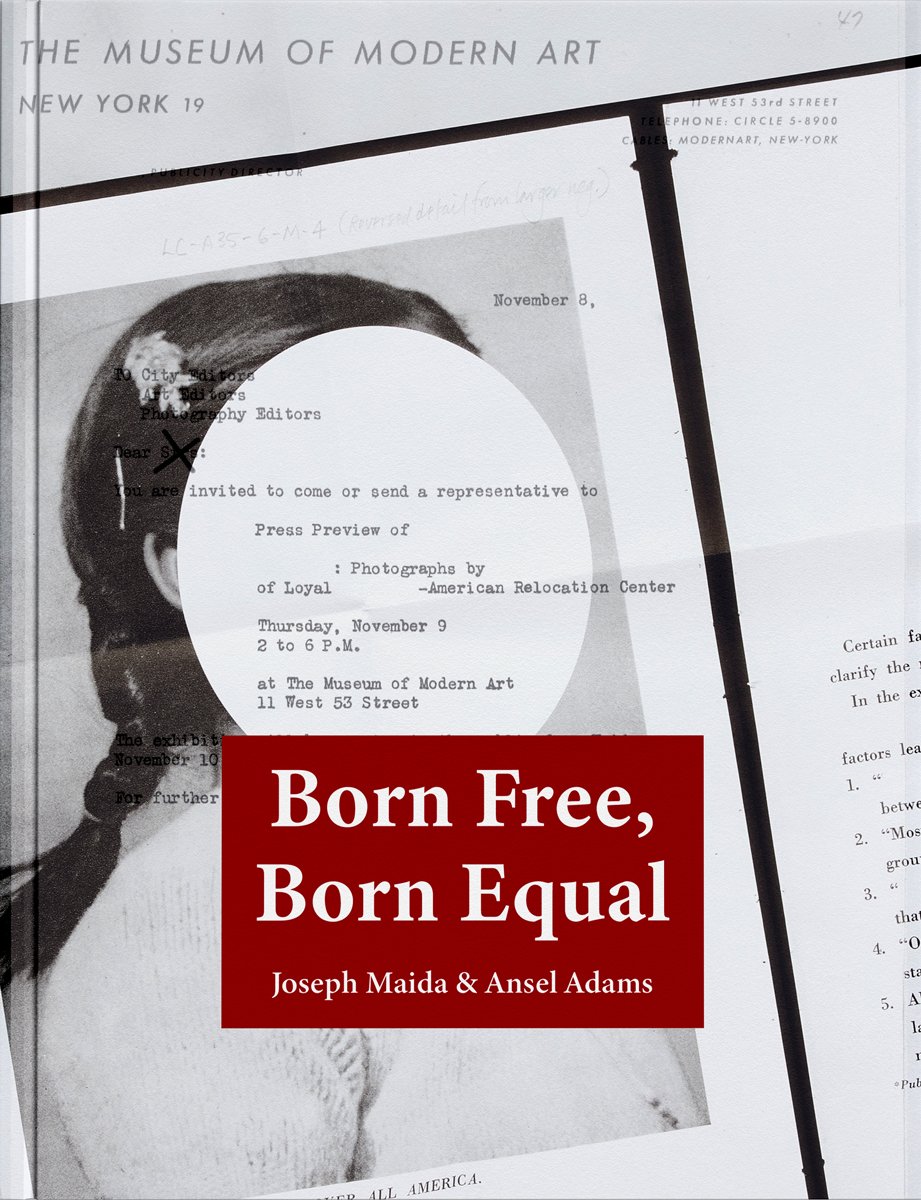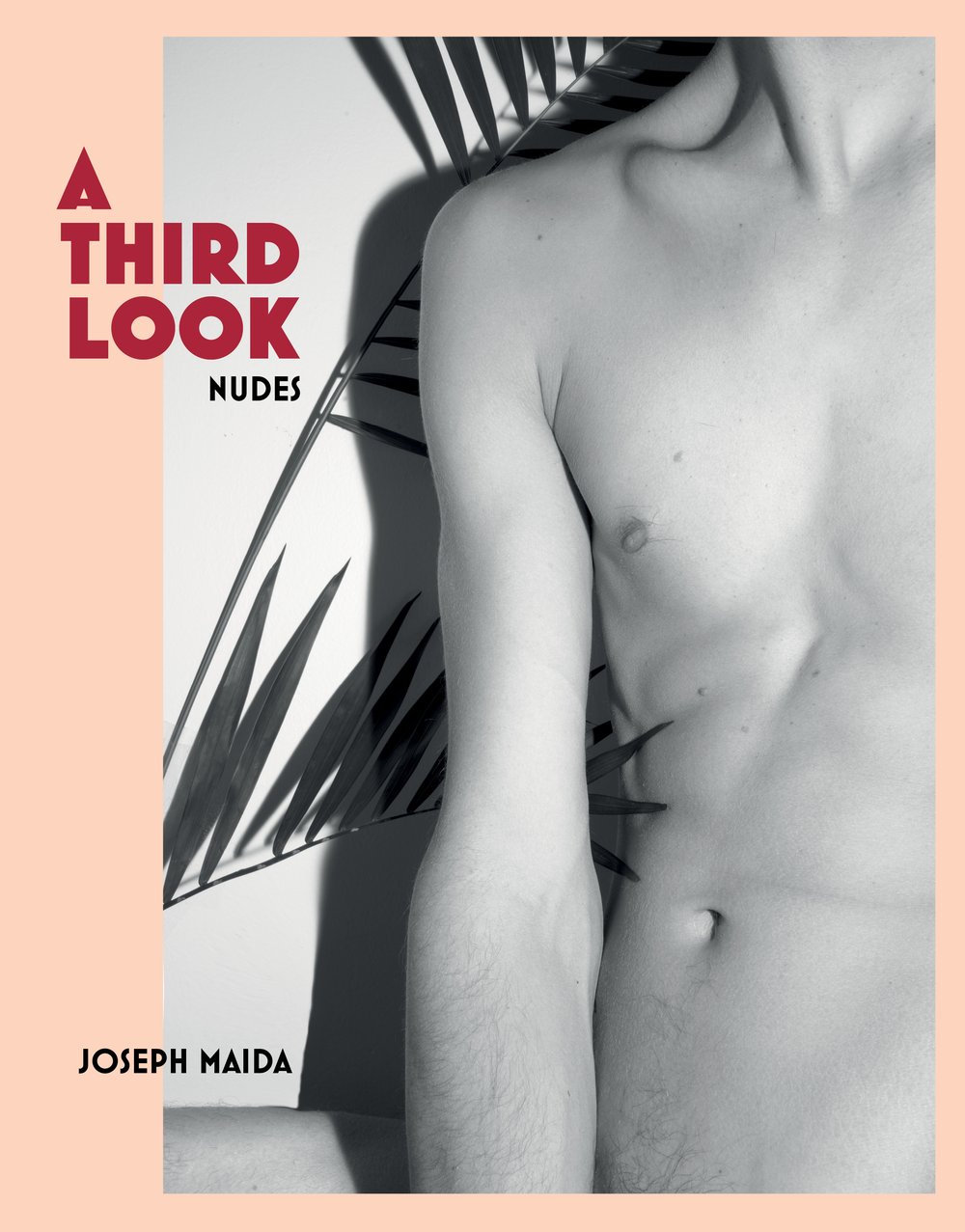Born Free, Born Equal

Joseph Maida’s new photographic monograph BORN FREE, BORN EQUAL raises vital questions about democracy, justice, memory, and representation in the United States today.
It was not until the death of his beloved Aunt Katherine Takeshita, a nisei Japanese American from Hawaiʻi, that Maida learned the details of the family’s incarceration during World War II. This discovery prompted Maida to revisit Ansel Adams’s 1943 Manzanar archive in 2017 in the wake of President Trump’s Executive Order 13769. Through obscuring specific faces, names, ethnicities, and dates in Adams’s Manzanar photographs and documents, which were once controversial and are now publicly accessible through the Library of Congress, Maida’s 2018 book, Born Free and Equal: The Story of Loyal _______-Americans, draws parallels between Ansel Adams’s empathetic images of citizens incarcerated based solely on ethnic origin and the resurgence of legislation targeting women, religious minorities, BIPOC, and LGBTQIA+ individuals.
Born Free, Born Equal contains a stunning reproduction of Maida’s 2018 book as well as a record of Maida’s 2020 project, Printed Media x Printed Justice: Exhibition-in-a-Box, in which Maida mailed political posters to influential art institutions including New York’s Museum of Modern Art, when the urgency of the imminent 2020 Presidential election and the limitations of the COVID-19 pandemic made post the most effective way to get the the project in curators’ hands. Maida’s guerilla campaign focused specifically on museums that have a vested interest in Adams’s work, asking them to consider their responsibility engaging their own histories in relatonship to the present day. Maida’s posters, which constellate key civil-liberty documents from 1790 through 2018 from the 3 branches of U.S. government with pages from his 2018 book, are now also housed at these museums. Through Maida’s act of mailing his posters and his accompanying call to action, he has revisited and reconsidered history on the personal, institutional, and governmental levels, in tandem with some of today’s most visible cultural institutions.
Born Free, Born Equal illuminates the complexities of representation that both the medium of photography and our system of democracy embody. If the twentieth century asked if the personal is political, Maida now asks himself — and us — to consider if the political is ever divisible from the personal given its impact on our individual identities and our families’ stories, including those that have been tucked away, redacted, or erased.

